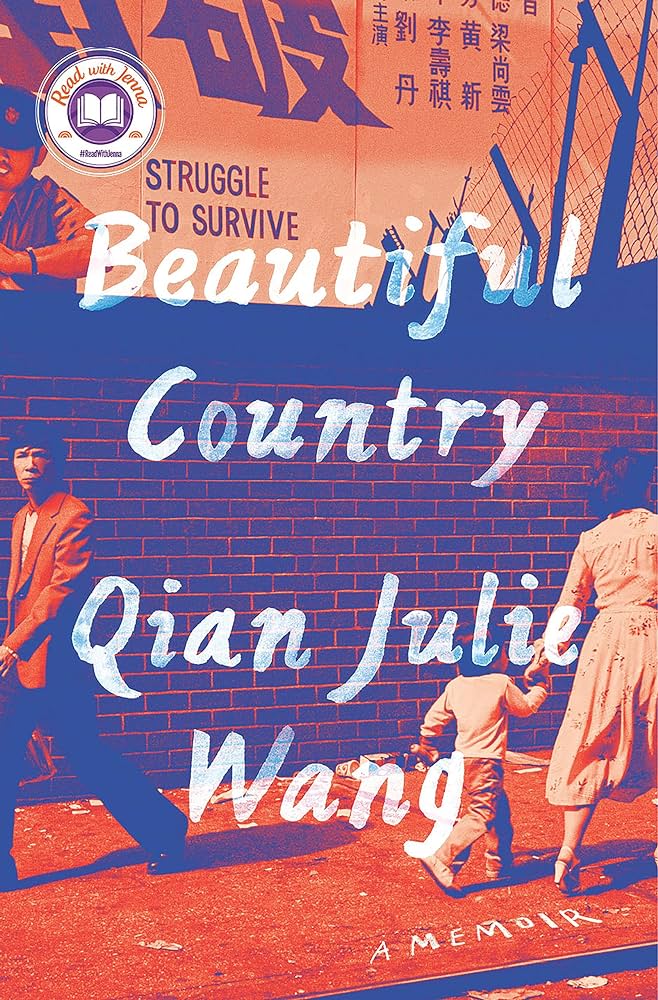Author Qian Julie Wang published her book “Beautiful Country” on Sept. 7, 2021. The book has been gaining more recognition because of AAPI month and an increased interest in Asian literature.
“Beautiful Country” follows Wang through her childhood as a Chinese immigrant in America. There is no standard plot line. Instead, it is a series of recollected memories in order.
At the beginning of the book, Wang writes about how she wanted to write “Beautiful Country” to make sure people who went through similar struggles knew that they were not going through it alone. She has effectively accomplished this by being fully vulnerable in her book and capturing every detail of the Asian immigrant experience.
Wang recollects memories from her time in China as well as her new life in America, and the contrast between the two highlights the struggles that many Asian immigrants have faced. While her life in China was full of being coddled by her parents and her grandparents, Wang was exposed to harsh working conditions and fierce bullying when she immigrated to New York City.
Through her story, Wang opens up her audience’s eyes to wider issues, such as unproductive immigration policies and socioeconomic inequality. Although the audience may already know these concerns exist, after reading a first-person account, they will be able to have a better understanding of the extent of the problem.
“Most of all, I put these stories to paper for this country’s forgotten children, past and present, who grow up cloaked in fear, desolation, and the belief that their very existence is wrong, their very being illegal,” Wang said.
“Beautiful Country” is a harsher read because of the topics it covers and Wang’s deliberate word choice, which exhibits the misery and gloom of her situation. There are also topics that Wang is not able to fully understand as she was a young child when she had those experiences. From an older perspective, however, the reader can understand the added complications of the immigrant experience.


